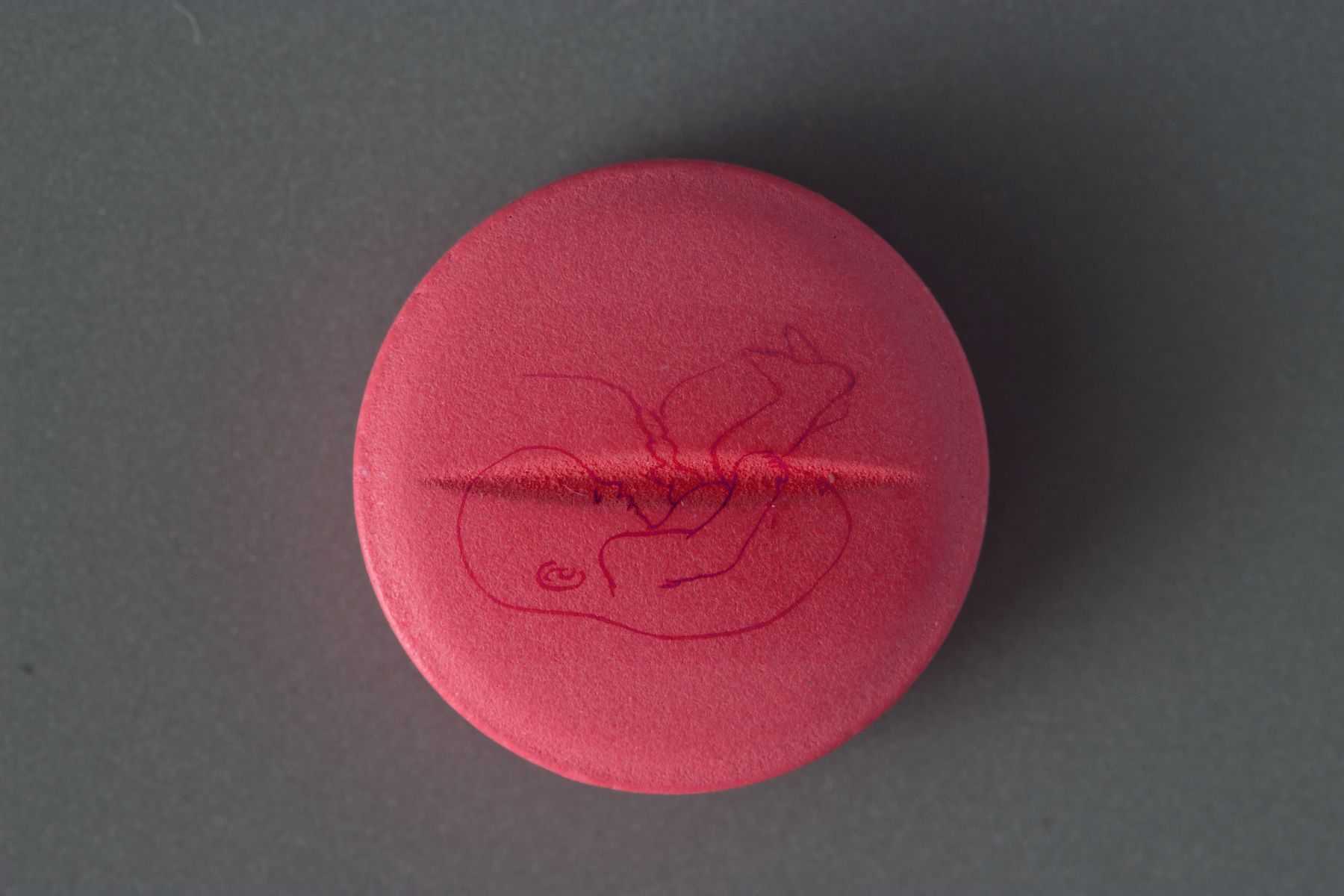
Women's Health
Latest News
Latest Videos

Shorts






CME Content
More News

Following approval in 2023, researchers address lessons learned from the coalition- and movement-driven efforts to approve the first OTC oral contraceptive pill.

From gaps in care to formulary challenges, Susan Thomas, RN, explains how her independent PBM is working with pharmacists to improve women’s health outcomes.

Susan Thomas, RN, CCO at LucyRx, explained the unique offerings from a newly introduced women’s health benefit program launched on January 1, 2026.

Pharmacists are transforming reproductive health care by expanding their roles in contraception and patient support, despite facing significant barriers.

A recent study reveals COVID-19 vaccination significantly reduces severe maternal disease and preterm birth risks during pregnancy.

The top women's health stories in 2025 included groundbreaking advancements in women's health against an alarming mortality trend.

In this episode, Natalie DiPietro Mager, PharmD, PhD, MPH, meets with Karen Kier, PhD, RPh, BCPS, BCACP, to discuss warning labels for hormonal replacement therapy.

The FDA expands Addyi's approval, offering hope for women under 65 with low sexual desire, marking a significant advancement in women's sexual health.

Amid a lack of research on their specific perspectives, women with epilepsy share their experiences with pregnancy and reproductive health.

In an exploration of key stakeholders’ perspectives, researchers assess a lifestyle intervention for cardiometabolic health among women during or after pregnancy.

Researchers want to bolster evidence regarding the known link between maternal mental health and childhood nutritional status.

In this episode, Natalie DiPietro Mager, PharmD, PhD, MPH, meets with pharmacists from Ohio State University to discuss smoking trends among women.

Researchers explore the no-cost uptake of 2 separate emergency contraception methods.

Researchers address the potential association of access to maternal care with the increased risk of infant mortality.

Due to the lived realities and trajectory of risk throughout their lifetime, researchers believe women require novel approaches in their cardiovascular health care needs.

A secondary analysis of the obesity-fertility lifestyle intervention program explored how it impacted the behavior of women with obesity and subfertility.

Researchers investigate women’s experiences in accessing either prescription or OTC contraceptives.
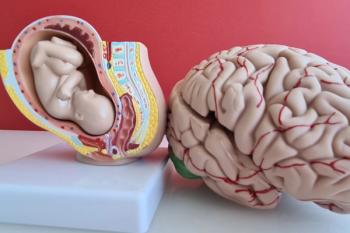
Due to humans’ physiologically premature nature, researchers explore maternal psychological distress and childhood neurodevelopment.

Conversations about contraceptive options have grown more frequent—and often more polarized—on social media platforms.
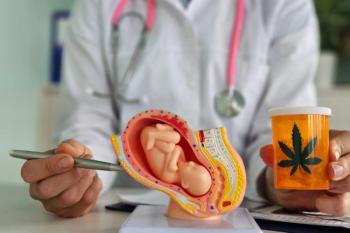
Through interviews with pregnant and new mothers, researchers explore patient perspectives regarding interactions with providers on cannabis use during pregnancy.

In this episode, Natalie DiPietro Mager, PharmD, PhD, MPH, chats with Marie Barnard, PhD, about the ways in which pharmacists can support patients experiencing intimate partner violence.
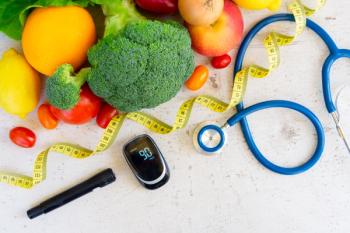
Further, they found weight loss prior to 75-g oral glucose tolerance test was a preventive factor for both impaired glucose tolerance and diabetes.

In this episode, Natalie DiPietro Mager, PharmD, PhD, MPH, chats with Hannah Fish, PharmD, CPHQ, about the NCPA’s maternal immunizations tool kit and pharmacist support for mothers.
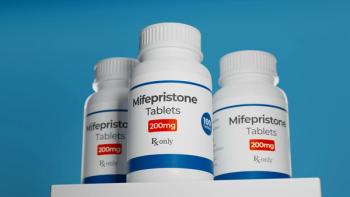
Prior to the government shutdown, the FDA approved a generic version of mifeprisone without a public announcement.

As contraceptive care services remain fragmented across many US states, pharmacists are seemingly rising as key touch points for women’s health management and various types of reproductive care.


